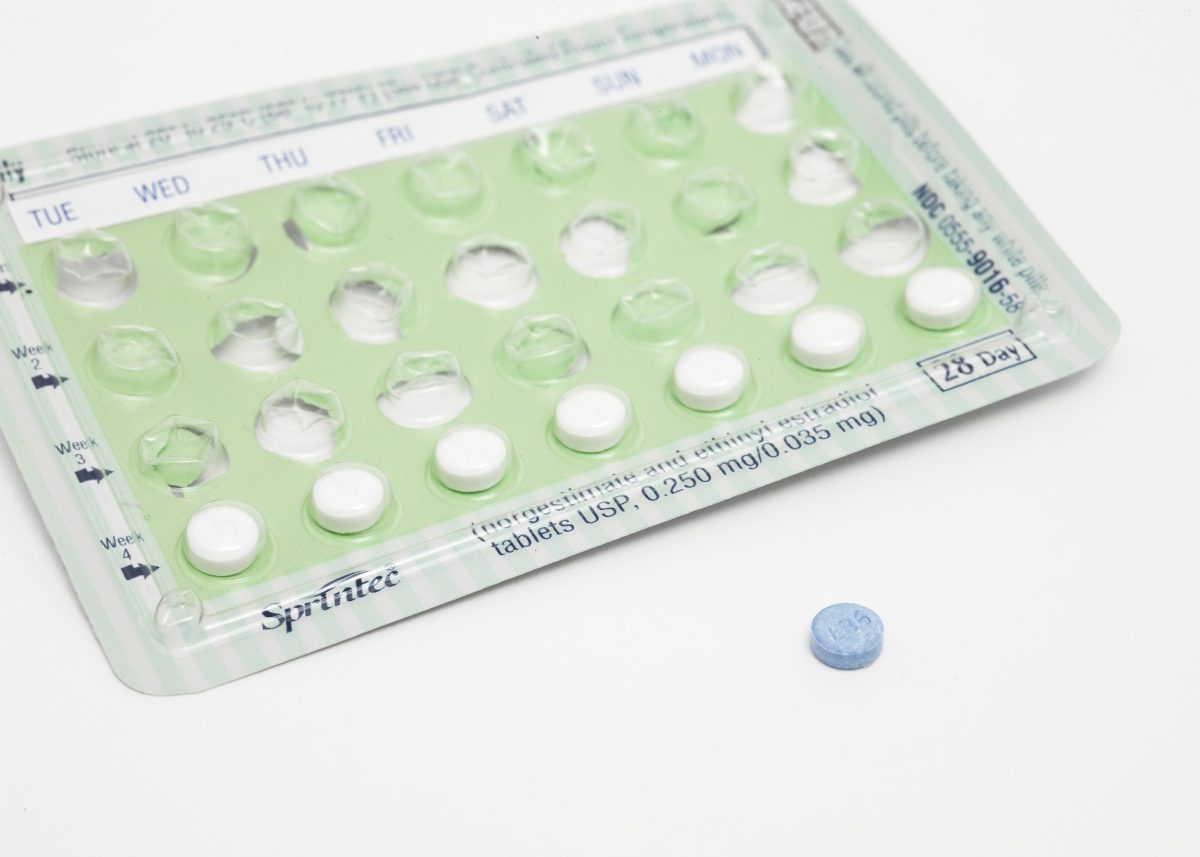Oral contraception, referred to colloquially as “the pill,” is considered one of the greatest medical innovations of modern times. Today, this “miracle” pill is prescribed to younger and younger women in droves for a myriad of reasons. Typically, it is prescribed for polycystic ovary syndrome, cramps, premenstrual syndrome, migraines, acne and many other conditions as a sort of “Band-Aid” fix.
Fifty-eight percent of pill users are prescribed it, at least in part, for reasons other than contraception. In teens aged 15-19, this number is remarkably higher, at 82%, according to the Guttmacher Institute in 2011.
Women before the 20th century could only imagine a magic medicine that would effectively prevent pregnancy. So when, in 1960, the prescription of “the pill” for contraceptive purposes was legalized, many women felt that they had gained freedom and autonomy beyond their wildest dreams.
However, in recent years, many women are starting to wonder if the pill is too good to be true. Those hormones so many of us ingest every day with astonishing clockwork: what is it actually doing to our bodies? Research has found some distressing results.
“The stress hormone profiles of women who are on the birth control pill look more like those belonging to trauma victims than they do like those belonging to otherwise healthy young women,” research psychologist Dr. Sarah Hill said in a New York Post article.
These are not new ideas. In 2002, a series of 13 studies were conducted investigating the relationship between oral contraception and mood. Twelve of the 13 studies found a difference in mood due to pill use. A study in Denmark six years ago even found that early oral contraceptive use may be associated with three times the risk of suicide.
But the pill doesn’t only affect your mental health. There’s been a growing chorus of voices on social media discussing the various effects they experienced on birth control and why they are deciding to come off of it.
Twenty-five-year-old Erika Hoang is one voice turning to TikTok to discuss how she experienced not only mood swings but prominent weight gain and hair loss over the nine years and five different prescriptions she endured.
Erika said she received an “outpouring” of responses from women in her comments in an interview with NBC News. “It makes me happy, and in a way, it makes me sad,” she commented, “that so many women relate to my story.”
In the same story, NBC interviewed family health physician Dr. Aviva Romm. She hit on the head of the issues.
“So many women go to their doctors, and often don’t find answers…while access to contraceptives is incredibly important, research around side effects is limited.”
Oral contraception may, on the surface, appear to be a dream come true. However, with so much alarming information and even more that’s still unknown, we should all think twice before taking this “miracle” pill.
Lily Acker is a sophomore genetics major from Purcellville, Virginia. You can reach her at [email protected].















